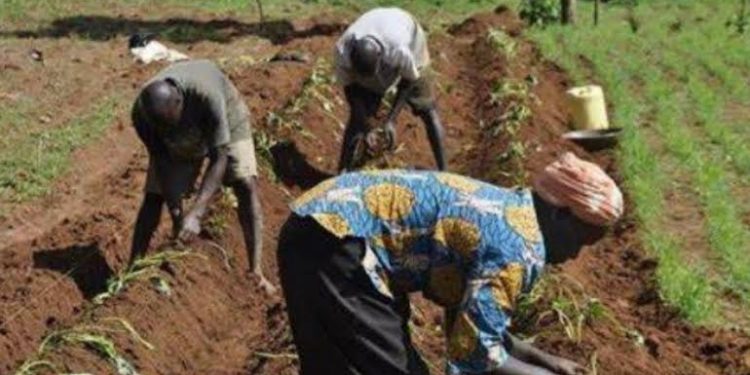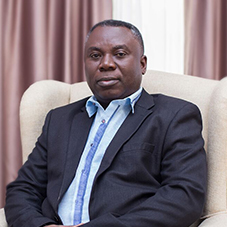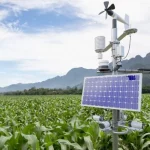The International Fertiliser Development Corporation (IFDC) has commenced the training of 50 extension agents and lead farmers in Bauchi State on soil restoration, conservation techniques, and integrated soil fertility management, as part of its Soil Values Programme aimed at reversing land degradation across the Sahel.
The two-day exercise, which follows similar sessions in Kano and Jigawa, is designed to strengthen farming systems and equip participants with sustainable methods to boost productivity. It is expected to directly benefit smallholder farmers across Jama’are, Shira, Itas Gadau, Toro, Zaki, Bauchi, and Gamawa Local Government Areas.
Medina Ayuba-Fagbemi, Country Coordinator of the Soil Values Programme in Nigeria, explained that 30 extension agents were being trained under the first phase of the programme, while 20 would follow in the second. Participants are expected to pass down the skills to more than 20,000 smallholder farmers in Bauchi State, helping them adopt practices that will restore soil fertility, reduce yield gaps, and ensure food security.
She emphasised that the training reflects a broader commitment to restoring soil health and building resilient farming systems that can withstand climate and economic shocks. “This initiative not only builds the technical capacity of extension agents but also encourages new ways of working directly with farmers for more sustainable agricultural transformation,” she said.
The €100 million programme, funded by the Kingdom of the Netherlands through its Directorate-General for International Cooperation (DGIS), is a 10-year initiative being implemented by IFDC, SNV Netherlands Development Organisation, and Wageningen University and Research (WUR), alongside five knowledge partners including the International Institute of Tropical Agriculture (IITA), AGRA, ICRAF, ISRIC, and the International Water Management Institute (IWMI).
According to Joshua Arogunyo, MELS Coordinator of the Soil Values Programme, the initiative targets the restoration of two million hectares of degraded land across the Sahel covering Nigeria, Burkina Faso, Mali, and Niger and aims to reach 1.5 million smallholder farmers, with a particular focus on women and youth. In Nigeria, 800,000 hectares are to be restored, directly benefiting 600,000 farmers.
Arogunyo explained that the programme is built on three core pathways—Agroecology, Inclusive Markets, and Enabling Environment and five intervention areas: bundling technologies, integration, brokering, convening, and continuous learning. “The thrust of the programme is to reduce yield gaps, improve soil fertility, and encourage farmers to give back to the soil to ensure long-term productivity,” he said.
He noted that land degradation is particularly severe in the Sahelian belt of northern Nigeria, which is why Kano, Jigawa, and Bauchi were selected as pilot areas. The consortium is also collaborating with the World Bank through ACReSAL and L-PRES to expand soil health initiatives across the region.
Participants described the training as timely. Aliyu Safiyanu said he learned new techniques to help rural farmers use farm by-products to nourish their lands, while Helen Ciroma added that the knowledge gained would enable women farmers to boost soil fertility and improve harvests.
For Nigeria, the Soil Values Programme represents a critical step toward combating desertification, improving food systems, and raising farmer incomes. With its scale and long-term design, the initiative is expected to position soil health as a national priority and a cornerstone for sustainable agricultural growth.










